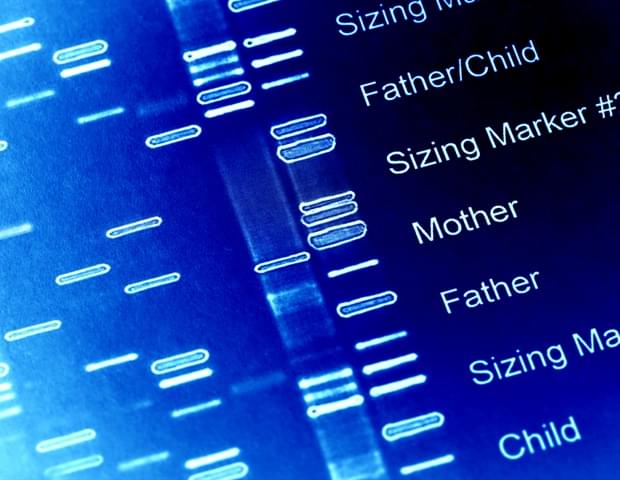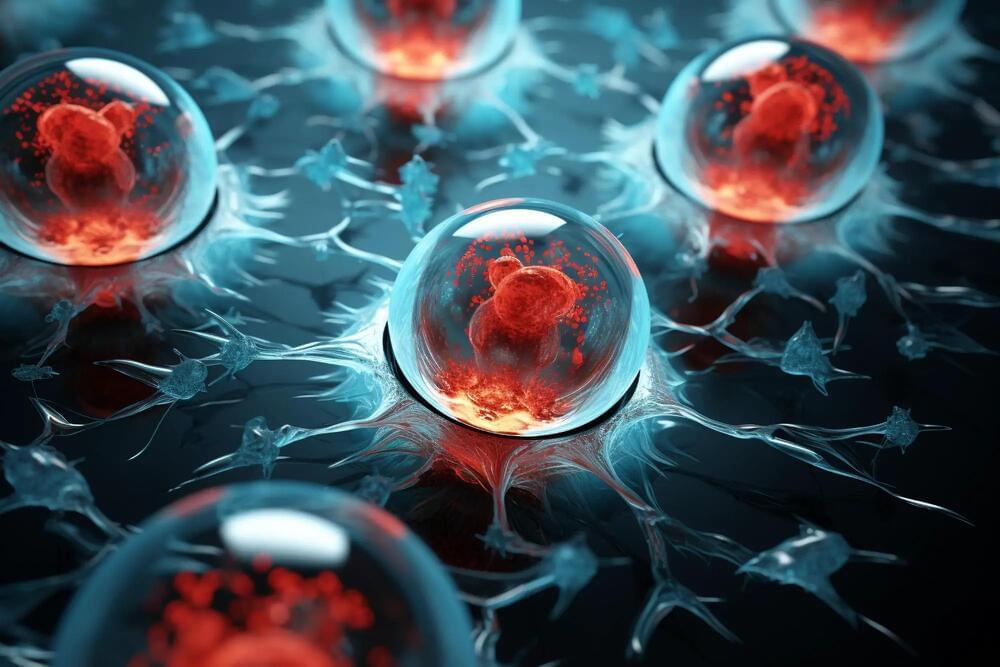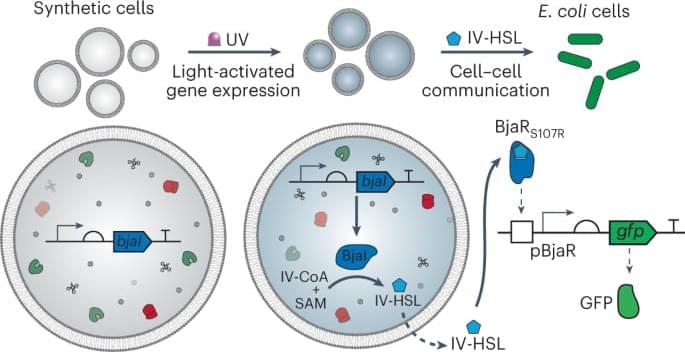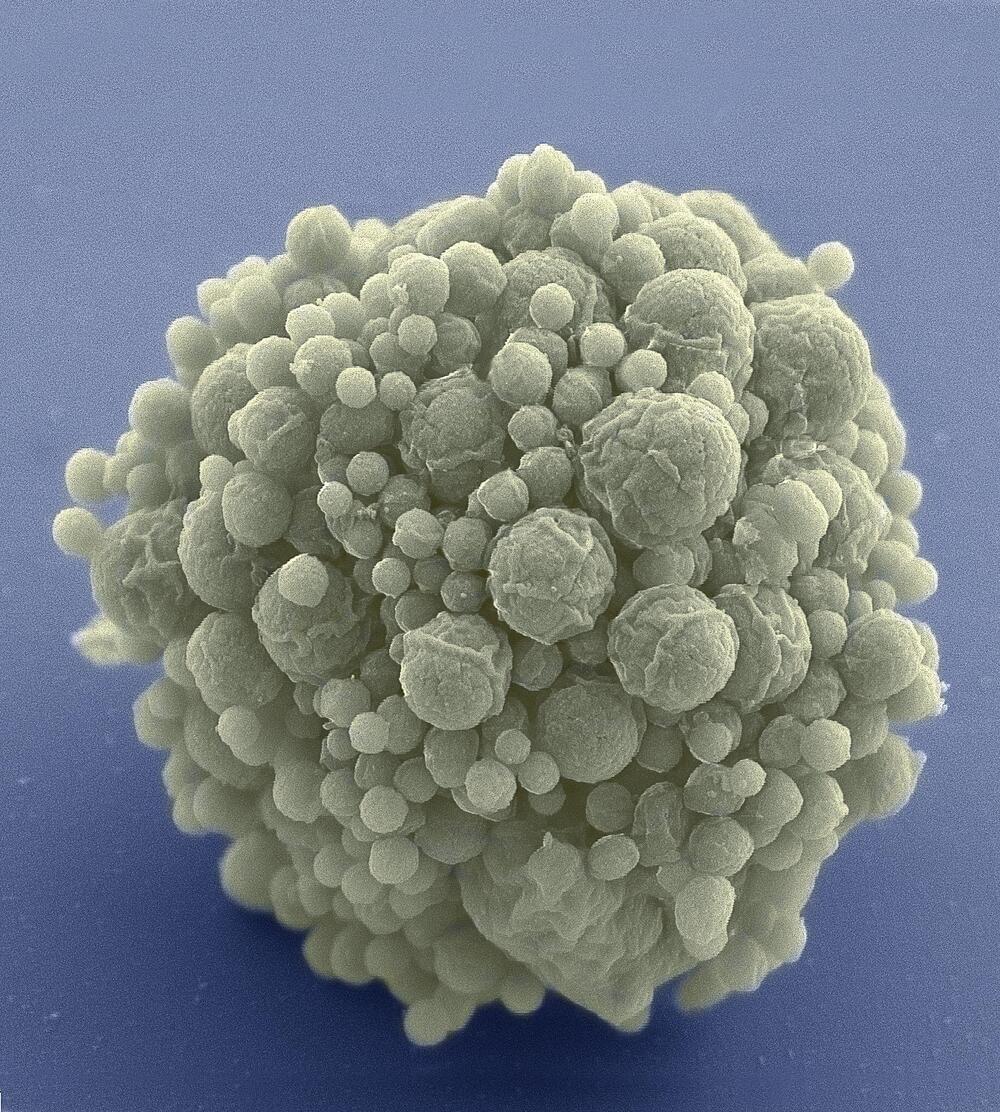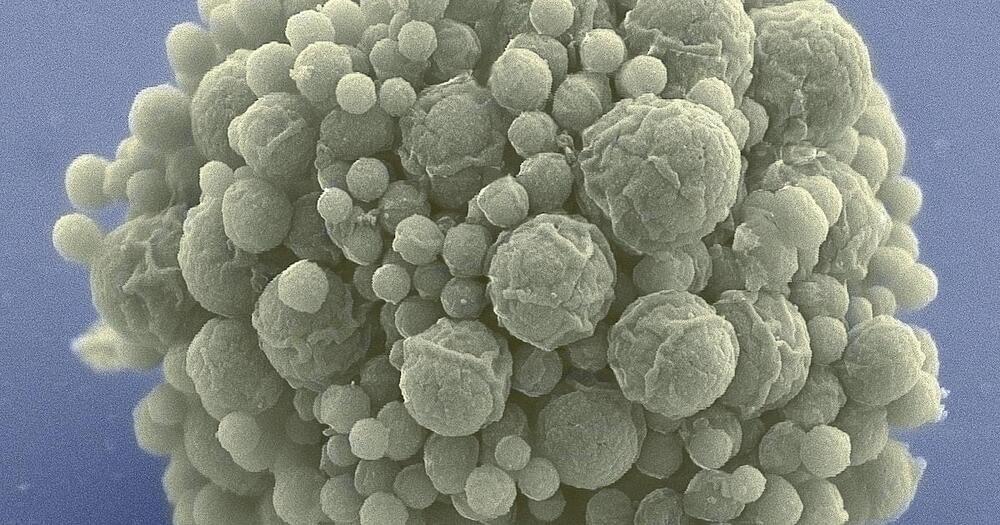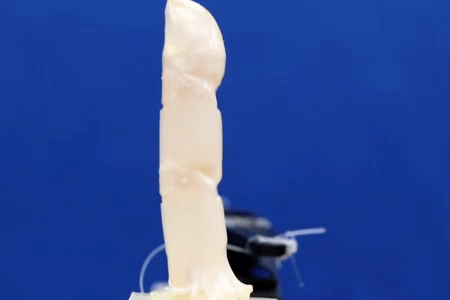This video explores Super Intelligent AI and 10 scientific discoveries it could make. Watch this next video called Super Intelligent AI: 10 Ways It Will Change The World: https://youtu.be/cVjq53TKKUU.
► My Business Ideas Generation Book: https://bit.ly/3NDpPDI
► Udacity: Up To 75% Off All Courses (Biggest Discount Ever): https://bit.ly/3j9pIRZ
► Jasper AI: Write 5x Faster With Artificial Intelligence: https://bit.ly/3MIPSYp.
SOURCES:
• https://www.britannica.com/science/tachyon.
• https://plato.stanford.edu/entries/qm-manyworlds/#:~:text=Th…ion%20(MWI, and%20thus%20from%20all%20physics.
Official Discord Server: https://discord.gg/R8cYEWpCzK
Patreon Page: https://www.patreon.com/futurebusinesstech.
💡 Future Business Tech explores the future of technology and the world.
Examples of topics I cover include:
• Artificial Intelligence & Robotics.
• Virtual and Augmented Reality.
• Brain-Computer Interfaces.
• Transhumanism.
• Genetic Engineering.
SUBSCRIBE: https://bit.ly/3geLDGO

